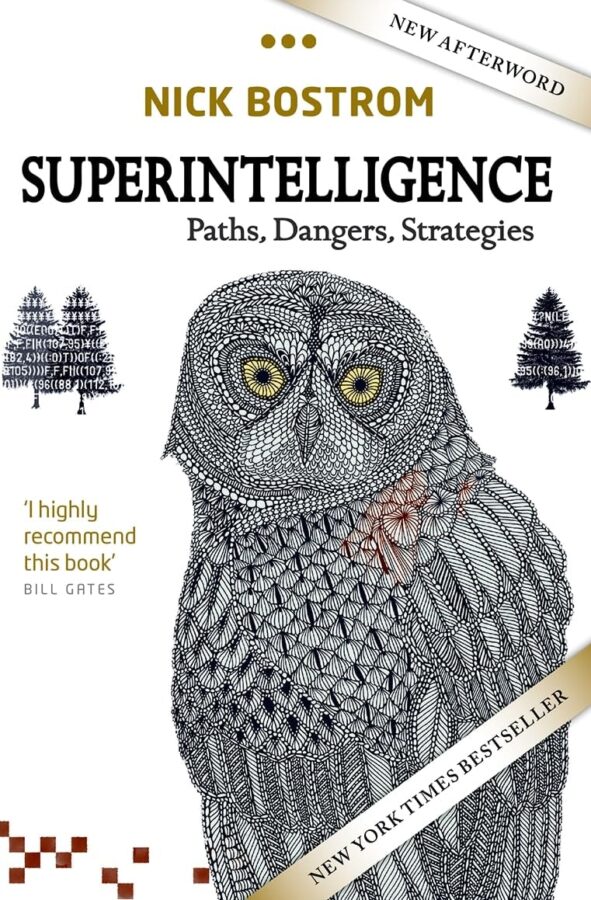Introduction: A Bold and Sobering Vision of the Future
If you’re looking for a book that doesn’t just explain artificial intelligence but forces you to rethink the future of humanity, Nick Bostrom’s Superintelligence: Paths, Dangers, Strategies is a must-read. Far from being just a technical manual or science fiction, this book delivers a compelling, often unsettling look at what might happen when machines surpass human intelligence.
Bostrom—a philosopher at the University of Oxford—dives deep into one of the most important and least understood questions of our time: What happens when machines become smarter than us?
The Core Premise: Intelligence Explosion
The central argument of Superintelligence is the idea of an “intelligence explosion”—a point at which AI systems rapidly self-improve and surpass human capabilities at an uncontrollable pace. This could lead to a world where machine intelligence dominates, for better or worse.
Bostrom doesn’t suggest this will happen tomorrow, but he makes a strong case that it could happen—and if it does, we might only get one shot to get it right.
Why This Book Matters (Even if You’re Not a Scientist)
You don’t have to be a computer scientist or ethicist to understand the importance of what Bostrom is discussing. His writing, while academic in tone, is accessible and clear. He uses historical analogies, thought experiments, and real-world examples to keep the reader grounded.
This book is especially relevant for:
- Tech professionals and AI developers
- Policy makers and educators
- Entrepreneurs and futurists
- And anyone interested in the long-term future of civilization
A Wake-Up Call, Not a Doom Story
While Bostrom does explore worst-case scenarios (like extinction-level outcomes), he isn’t trying to terrify the reader. His goal is awareness and preparation. He urges the global community to take AI development seriously—not just from a technical standpoint, but from an ethical and strategic one.
In doing so, he introduces fascinating concepts like:
- Instrumental convergence
- Goal alignment problems
- AI governance and coordination
- The risks of narrow vs. general intelligence
Challenging, But Worth It
This isn’t a casual weekend read. Superintelligence challenges the reader intellectually and philosophically. But the reward is significant: a deeper understanding of the stakes involved in AI development—and a much clearer picture of why preparing for superintelligence might be the most important project of our time.
Final Thoughts: Read It Before the Future Reads You
Few books leave a lasting intellectual impact, but Superintelligence is one of them. Whether you agree with all of Bostrom’s arguments or not, the ideas will stick with you—and likely shape the way you think about AI, technology, and human progress for years to come.


